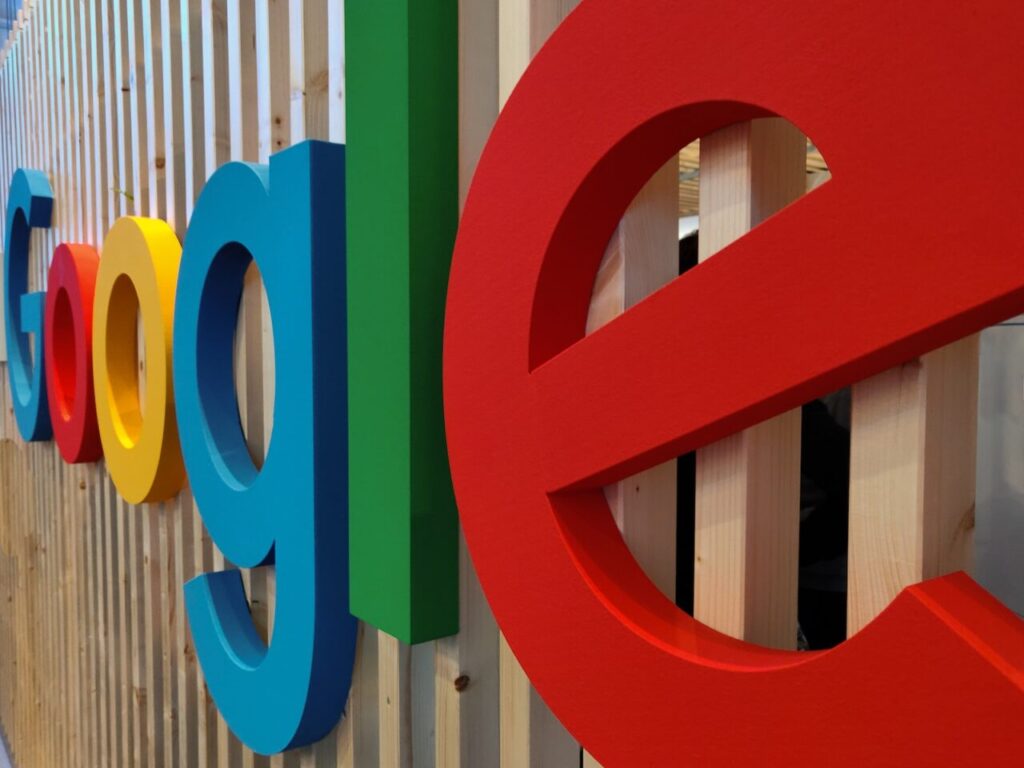Decrypt was told by Richard Widmann (head of strategy, Cloud and Web3 at Google) that he believes in a multichain, decentralized future. Google is determined to be the backbone for Web3.
Although it may surprise Web3 locals, Richard Widmann, Google’s head for strategy, Web3 and cloud, sees the Web2 giant ideologically aligned to many of crypto’s core principles, including open-source development, decentralization, and decentralization.
Widmann was previously the legal counsel at Google, a trillion-dollar tech company. He also has a background as a securities lawyer.
He told Decrypt at the Mainnet conference that he is working to “build an enormous bridge” between Web3 companies, blockchain and node service via Google Cloud. Nodes are code servers for crypto networks and can be viewed as the foundational building blocks of Web3.
“The Cloud provision–we’re a layer zero,” Widmann said.
The strategist turned lawyer stressed that Google’s nodes must be distributed and global enough to be resilient against things like internet outages, political unrest, and other unexpected events. Each node is one point of failure.
If one or two tech giants like Amazon or Google control the vast majority of blockchain nodes then that would be a defeat to the purpose of decentralized technology.
Widmann spoke out about Web3’s future, saying, “If all is running Google, I will not be the first one to say that is an issue, frankly.”
Decentralization is not a binary issue. Widmann believes decentralization is essential for Google’s Web3 strategy. However, not all can or should be decentralized.
He said, “If you tried building a data centre with a group DAO participants, I’m sure that you could raise capital but I don’t know if it’s possible to coordinate around that type of resourcing.”
Is decentralization possible? Should everything be eventually on the blockchain? Widmann disagrees.
Widmann stated that there are certain things that a censorship-resistant, distributed source of truth makes good sense, but added that there are many other things that don’t require immutable ledgers.
Google Cloud is chain-agnostic. He stated that he wants layer one protocols to be able to build on top and compete with one another, or fill different niches.
Widmann distinguished Google’s vision from the Avalanche network. He said that Google is a layer one crypto and not a level zero like some might believe. However, he acknowledged that the label was a rhetorical issue.
Widmann stated that any layer one protocol runs compute containers on a cloud. Avalanche does not have a cloud business. They operate on the same data centers as every other layer one.
They try to set themselves up as the foundational layer but in the end, it all runs on top of a compute box hosted somewhere. That’s where cloud providers come in.”










